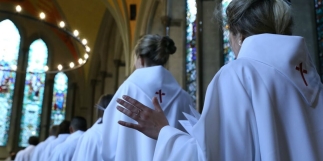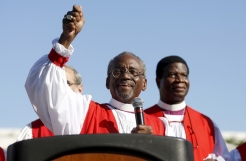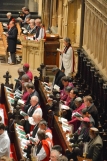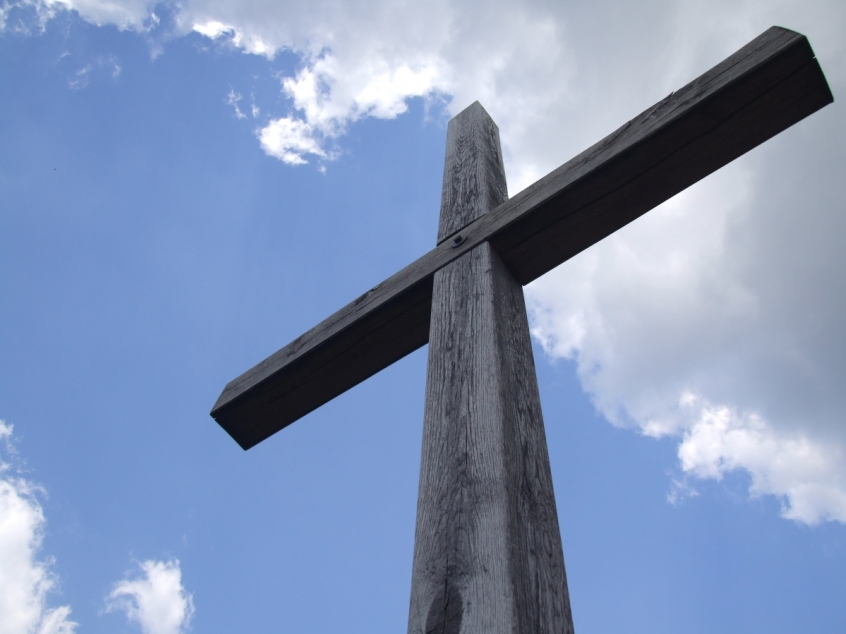
At the 1988 Lambeth Conference, the bishops were exercised by the possibility that The Episcopal Church of the US (TEC) was about to consecrate its first female bishop, the black divorcee Barbara Harris. Sure enough, six months later, they did. The Episcopal Church has since been rightly celebrated for championing women's ordination. The US was far ahead of so many of the other 37 Anglican provinces worldwide.
Time might yet show them to have been ahead on the gay debate too. TEC ordained a gay bishop in 2003 and recognises same-sex marriages. This week it was suspended from full participation in the Anglican Communion over its liberal stance.
The difference is that in 1978, the Lambeth Conference resolved that all provinces should be granted autonomy about admitted women to holy orders. In 1998, the conference did the opposite on homosexuality. It passed Resolution 1.10 which set a Biblically orthodox, conservative line on sexuality.
There are important local contexts for why the Global South churches cannot at present go down the path of gay equality, even if they wished to. In Uganda, whose Archbishop was the only one to walk out of the Primates Meeting in Canterbury, carnal relations between two men is punishable by life imprisonment. In countries like this, the Church could not remain a credible force in the way it is needed, effective in social action and promoting health care, if it were suddenly to come out campaigning for gay rights.
The reality on the ground in some of these places is so utterly different from ours in the West, we really do sit in judgement on them at our peril.
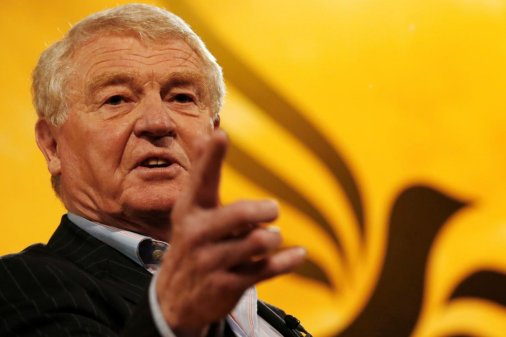
These provinces confront problems on a scale unimaginable to us. In our nice and warm cosy liberal parishes, we can appease our social conscience on Sunday mornings by dropping a few cans into the foodbank box at the back. In some far-off parishes in the developing world, they do not even have churches. Buildings are demolished by forces hostile to Christianity, and then tents set up to replace them are demolished too.
With diseases such as Aids still rampant and terrifying levels of violence and lawlessness in places, some of these provinces benefit from the muscle of the Anglican Communion behind their communities. The Communion is a relic of the Commonwealth and the British Empire but it is also more than that. Powerful and dynamic leaders like the Archbishop of Canterbury, Justin Welby, can still use their position to help embattled communities in these parts of the world.
Of course the LGBT community is among the suffering, in these places too, as well as in the West.
The tragedy is that this has ever been elevated to a first order issue. This should never have happened. It is sad that provinces cannot allow sister churches in other parts of the world to decide their own positions on such issues, but the existence of the Lambeth Conference 1998 resolution now makes that non-negotiable. It was partly out of consideration for the wider Anglican Communion that the Church of England set itself so hard against gay marriage and secured protection against it in law. As Archbishop Welby admitted in his opening address to the Primates, this has been at considerable cost to the Church in England.
The saint emerging from this sad hour is not the Archbishop of Canterbury, nor any leader of the Global South churches.
It is the Primate of The Episcopal Church, Presiding Bishop Michael Curry.
He has not been well. In Canterbury this week, he has appeared in the flesh, as well as in spirit, as a person enduring great suffering. He is a champion of gay rights. In response to the sanctions against his Church, he said: "I stand before you as your brother. I stand before you as a descendant of African slaves, stolen from their native land, enslaved in a bitter bondage, and then even after emancipation, segregated and excluded in church and society. And this conjures that up again, and brings pain. The pain for many will be real. But God is greater than anything. I love Jesus and I love the church. I am a Christian in the Anglican way. And like you, as we have said in this meeting, I am committed to 'walking together' with you as fellow Primates in the Anglican family."
The holiness in him and in his words is tangible. It is a genuine turning of the other cheek. He is not threatening to walk away, he is pledging his Church to walk together with all the Primates of the Anglican Communion.
It is his grace in the face of terrible rejection that shines out from this whole sorry episode.
This grace and sacrifice is what has allowed the Archbishop of Canterbury to preserve the unity of the Anglican Communion this week.
It has come at a terrible price, one exacted from The Episcopal Church in the US and from LGBT communities around the world. Understandably, a lot of people are extremely angry.
But it is done, so the most helpful thing now is to focus on grace.
In the three years before the sanctions expire, it might be possible to find a way forward. One way could be, for example, parallel provinces of conservatives and liberals in countries such as the US. The presence of Archbishop Foley Beach of the Anglican Church in North America throughout the meeting was significant. Europe already has two recognised but separate episcopal bodies existing side-by-side. One is a diocese of the Church of England, the other is part of The Episcopal Church of the US. Why not something similar over this issue? And could a liberal pro-gay parallel province ever exist in Nigeria or Uganda? Probably not, at the present time, but there is now time, and at least the space, to explore such possibiities.
Another possibility is a move towards a more federal model, similar to that of the Lutheran churches of northern Europe and Scandinavia.
Bishop Curry and TEC have through their great sacrifice bought time for Archbishop Welby to find a way to save the Communion. Amazing grace indeed.










